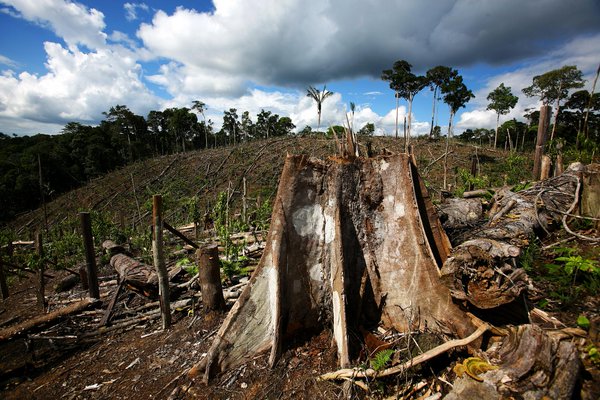
Kampala, Uganda | THE INDEPENDENT | 139 countries have received money to fast-track efforts to conserve, protect and restore species and ecosystems.
The new financing from the Global Environment Facility (GEF), totaling $43 million, will give developing countries including Uganda, Kenya, Zimbabwe, and Tanzania the means to quickly make headway towards the goal of halting and reversing species loss this decade.
According to the Living Planet Index (LPI) 2020 which measures the state of the world’s biological diversity based on population trends of vertebrate species from terrestrial, freshwater and marine habitats show population sizes of mammals, birds, fish, amphibians and reptiles have seen an alarming average drop of 68 percent since 1970.
According to a statement by the United Nations Environment Programme (UNEP), beneficiaries of the new funding are expected to come up with solutions to tackle threats to diversity. It says participating countries will be eligible for grants of $300,000 for work to analyze and align their national policies, targets, finance, and monitoring systems towards that cause.
“This commitment shows that the world is united in recognizing the urgent need to end the destruction of nature and the loss of the services it provides,” Elizabeth Mrema, Executive Secretary of the Convention on Biological Diversity said. “This early action will prepare parties to mobilize for the action that all sectors of society will take to make these aspirations a reality in the 10 years ahead.”
Earlier this year, the 195 countries and the European Union that are party to the Biodiversity Convention started discussions on the Post-2020 Global Biodiversity Framework (GBF), a ten-year plan to halt the increase in the rate of extinction and bring 30 percent of land and sea areas under protection.
While parties are yet to make final decisions on what will enable them to protect nature and species for the next decade as they await a meeting scheduled for later this year in Kunming, China experts say the release of this money early on is meant to enable countries to prepare to act.
Carlos Manuel Rodriguez, CEO, and Chairperson of the GEF said it was critically important for all countries to be ready to act quickly once the new framework is approved.
“Setting our aspirations is only a first step, and this coming decade requires us to sprint.
Recognizing the intense pressures on developing countries as well as their unprecedented commitment to change the trajectory of biodiversity loss, the GEF is making these Early Action Grants available even before the new global accord is agreed upon. Countries can use this “fast track” financial approach to update their biodiversity strategies and build capacities to deliver on the GBF”, he said.
The Post-2020 GBF is currently in its final negotiation stages, with the fourth and final meeting of the Framework to be held from 21 to 26 June in Nairobi, Kenya.
This framework will replace the plan for the last decade, which missed all 20 targets for effective protection of nature.
Currently, it’s estimated that one million animal and plant species which account for about a quarter of the global total are threatened with extinction with 25% of mammals and 14% of birds on the red list.
*****
URN
 The Independent Uganda: You get the Truth we Pay the Price
The Independent Uganda: You get the Truth we Pay the Price





